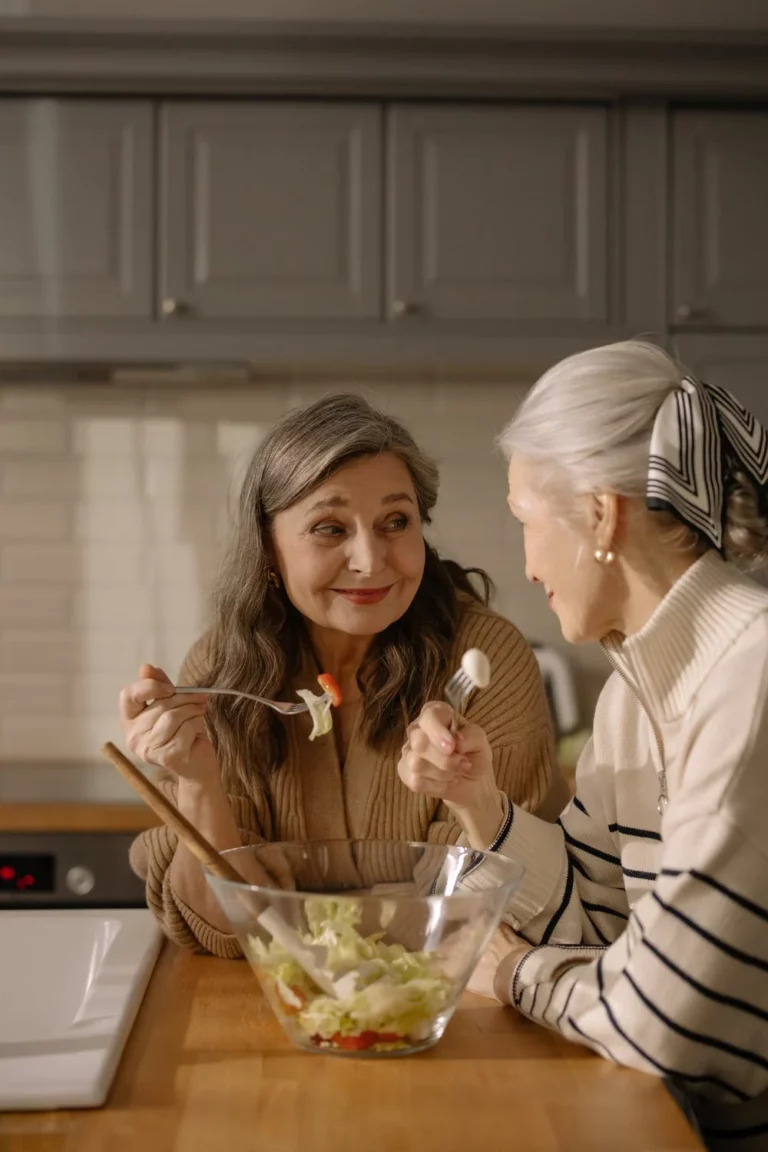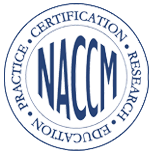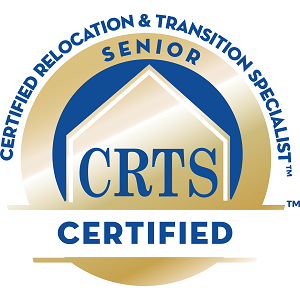The Seven Most Important Questions to Ask When Hiring a Senior Care Manager
Senior care managers can help your loved one access the resources they need to stay happy and healthy in their older years. Whether they have a chronic condition, progressive disease, or need assistance with age-related care, care managers offer support and guidance.
Choosing the right senior care manager for your loved one can be overwhelming and challenging. You may not know where to even begin. In this guide, we’ve compiled the seven most important questions to ask about senior care management when hiring a new care manager for your parent or grandparent.
The Seven Most Important Questions to Ask
These questions highlight the most crucial elements of senior care management. Each one presents the opportunity to learn more about the care manager and their approach to senior care.
1. What services do you offer?
This question is the best way to start a conversation with a senior care management provider. You will get an overview of their services, revealing some of their individual skills and the resources they have available to them. Learning about these services will help to determine whether this is the proper care manager for your loved one’s needs.
When asking this question, think about what your loved one needs now and what they may need in the future. Hiring a care manager who can accommodate your loved one’s evolving healthcare needs is best.
Some of the most important senior care services include:
- Personalized care management
- Detailed health assessments
- Health screenings from registered nurses
- Relocation assistance
- Medication management
- Living assistance
- Financial management
- Elderly mental health counseling
- Family education
- Home safety evaluations
If you have questions about the specifics of a given service, don’t be afraid to ask the care manager to elaborate on them. This conversation should help you feel confident about the tools and resources a care manager can provide.
2. How do you determine a patient’s needs?
While any caregiver may be able to hire a service, personalized care is crucial for positive patient outcomes. If you want your loved one to receive the best possible services, they need to be assessed by a care manager and possibly an RN.
Reliable senior care managers will conduct personal care assessments at the start of every new care plan. This assessment explores the range of physical and mental health needs the senior has and will determine what services would be most beneficial to them.
Knowing that a care management company works with the entire family is essential. They should always consider the patient’s expressed wants in addition to the family’s wishes, even when the patient is unable to make all of the decisions surrounding their care.
3. How do you communicate with your patients and their families?
Communication is everything in care management. Even though you may hire the care management team to perform services, they should never act alone. You can expect to communicate with care managers in a variety of ways, including:
- Telephone calls
- Emails
- Updates via an electronic caregiver portal
On top of how communication will work between the family and the care manager, there are additional questions families should ask before hiring, such as:
- How often will they communicate with you and the patient?
- What types of updates do they provide, and how often are they shared?
- How you can get in touch with them if you ever need assistance or have concerns
Every positive care relationship is rooted in trust and transparency. An open line of communication between caregivers and care managers leads to the best possible outcomes for the patient.
Moreover, the senior care manager should also value the patient’s voice. If the patient expresses discomfort or unhappiness over some services, the care manager should express these feelings to the caregivers and work toward a solution together.
4. Do you offer insurance coverage?
Senior care is often expensive, and most caregivers rely on their loved one’s insurance coverage to pay for it. Insurance coverage will vary drastically depending on the location of the loved one, the family/patient’s current plan, and the care management company’s insurance acceptance policies. Discussing financial options helps determine whether this care manager is a good fit for your family.
Based on a care manager’s response to the initial question, it is a good idea to ask follow-up questions to determine the degree to which your loved one’s care may be covered. If insurance only partially covers a service, ask how much the remainder will cost and if the care manager offers family payment plans.
Make sure you fully know your financial options before hiring a manager.
5. What is your aged care philosophy?
This question helps you learn about the care manager’s core values. You will discover how they view their patients, the role that they will take on in your loved one’s care, and what they ultimately strive to achieve with every patient and their family.
Senior care management is a multifaceted process that requires compassion, empathy, and understanding. Although some seniors rely on others to make important decisions about their health and care, their voice should still be factored into their care.
The best care managers will seek to empower seniors, helping them live as independently as possible while always striving to provide a safe and effective care environment.
6. Do you offer services for patients with Alzheimer’s, Parkinson’s, and other progressive illnesses?
Some care managers may not be equipped to provide the level of care that a patient with a progressive disease needs. Suppose your loved one has a progressive condition. In that case, you need to know that the care manager will understand the nuances of their diagnosis, how it impacts their life, and how to provide the best, personalized care for their specific needs.
As conditions change, so do patients’ needs. They deserve services that can fully support them at every stage of their lives, no matter how their healthcare needs evolve.
7. Are you available for emergencies or 24-hour care?
You should understand the protocol a care manager has for emergencies. Because care managers play a pivotal role in their senior patients’ healthcare, someone should always be accessible if there is ever an immediate need.
While not all care managers provide around-the-clock care, it is worth exploring the options available if your loved one needs it. A good care provider will be willing to help you coordinate services with home healthcare nurses if your loved one requires 24-hour assistance.
Other Important Questions to Ask
Below are some additional questions you may find helpful as you look for the best aged-care services for your loved one:
- How do you train your staff?
- What does the hiring process look like for your business’s care managers?
- Do you make home visits or offer in-home services?
- Do you help coordinate care with outpatient facilities?
- Can you help me evaluate my loved ones’ needs?
Understand Your Options
At Reflections Care and Management, we provide families with the supportive services they need to care for their aging loved ones. Our senior care management plans foster independence at every stage, respecting each client’s unique personality, strengths, and needs.
In addition to helping seniors live well at home, we also help families transition loved ones into assisted living facilities and nursing homes. Our goal is to ensure that every decision in your loved one’s senior care is the right one for their individual needs.
Please get in touch with us today to schedule a consultation with one of our aged care experts.














